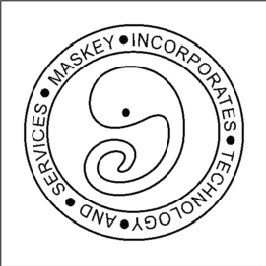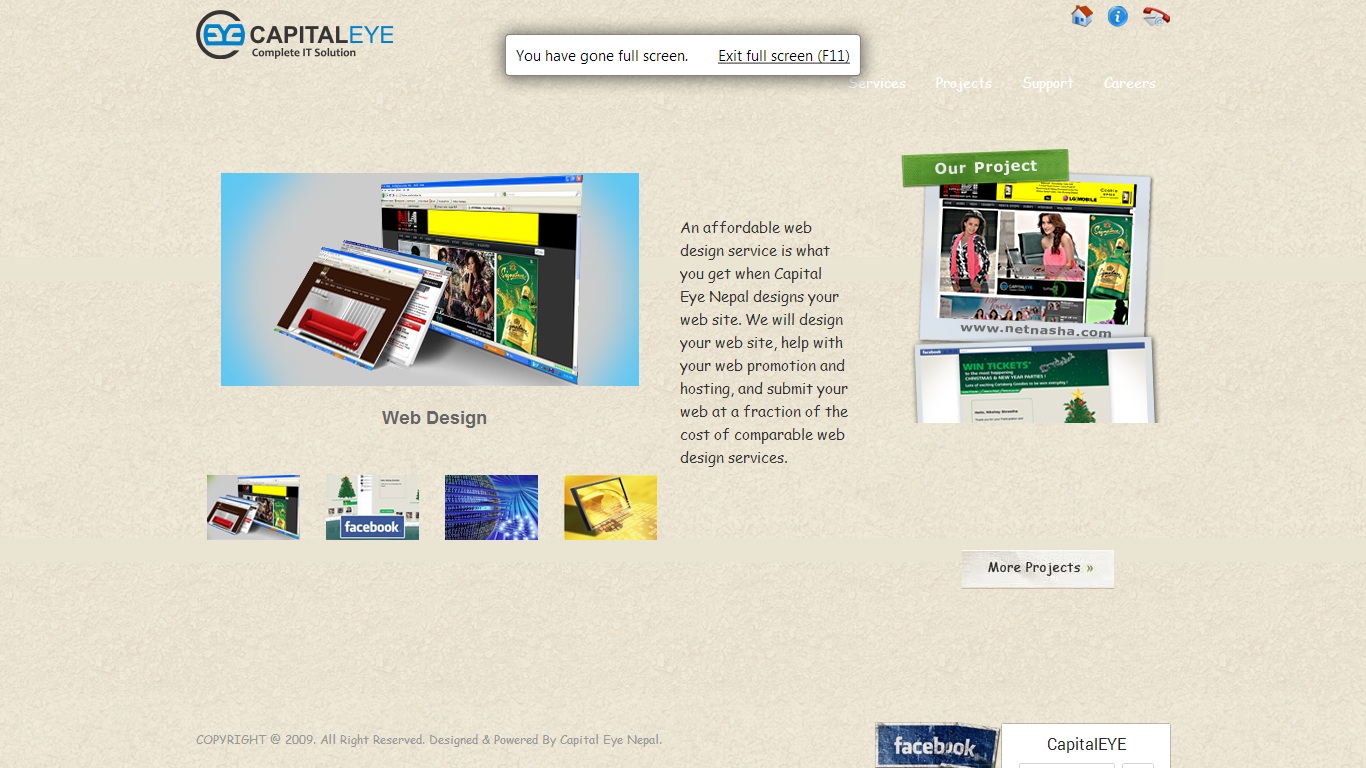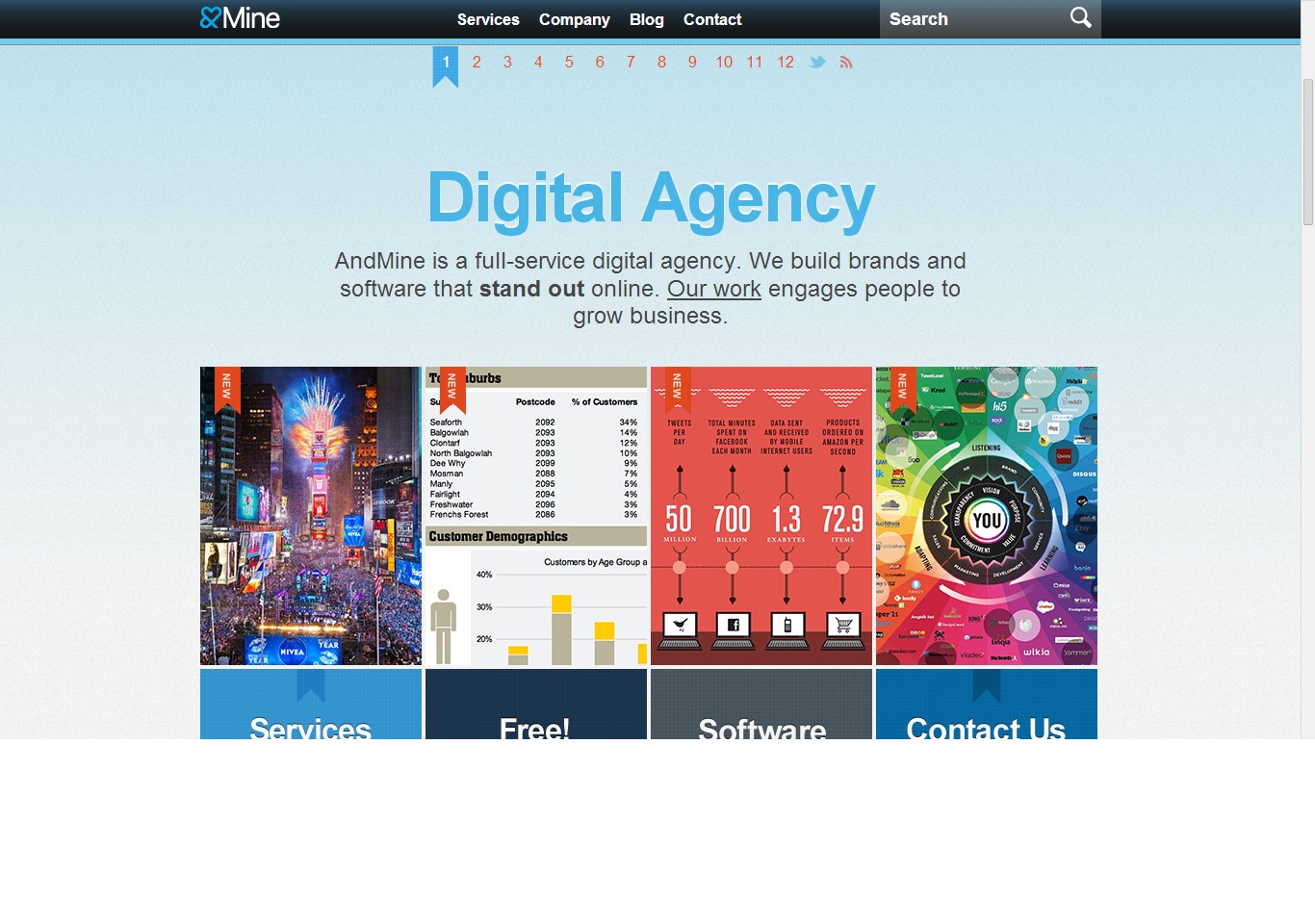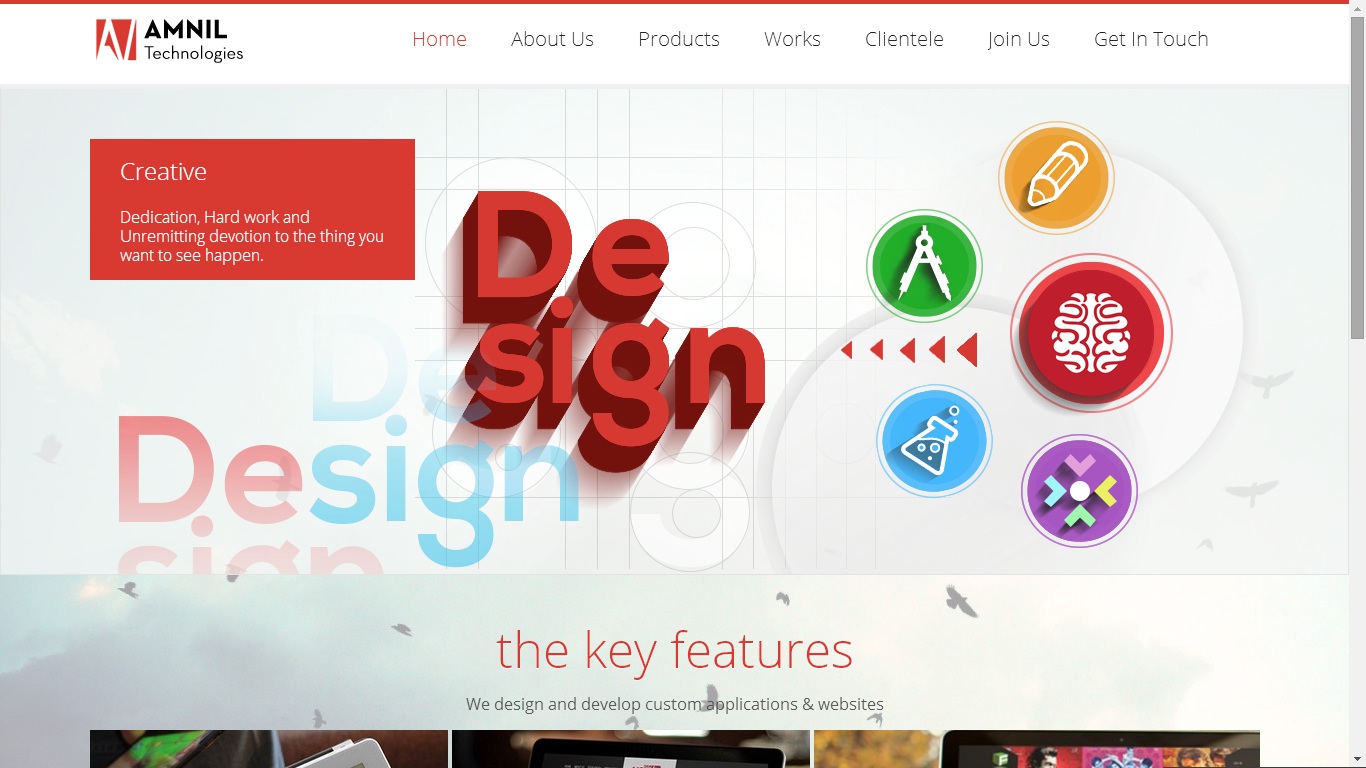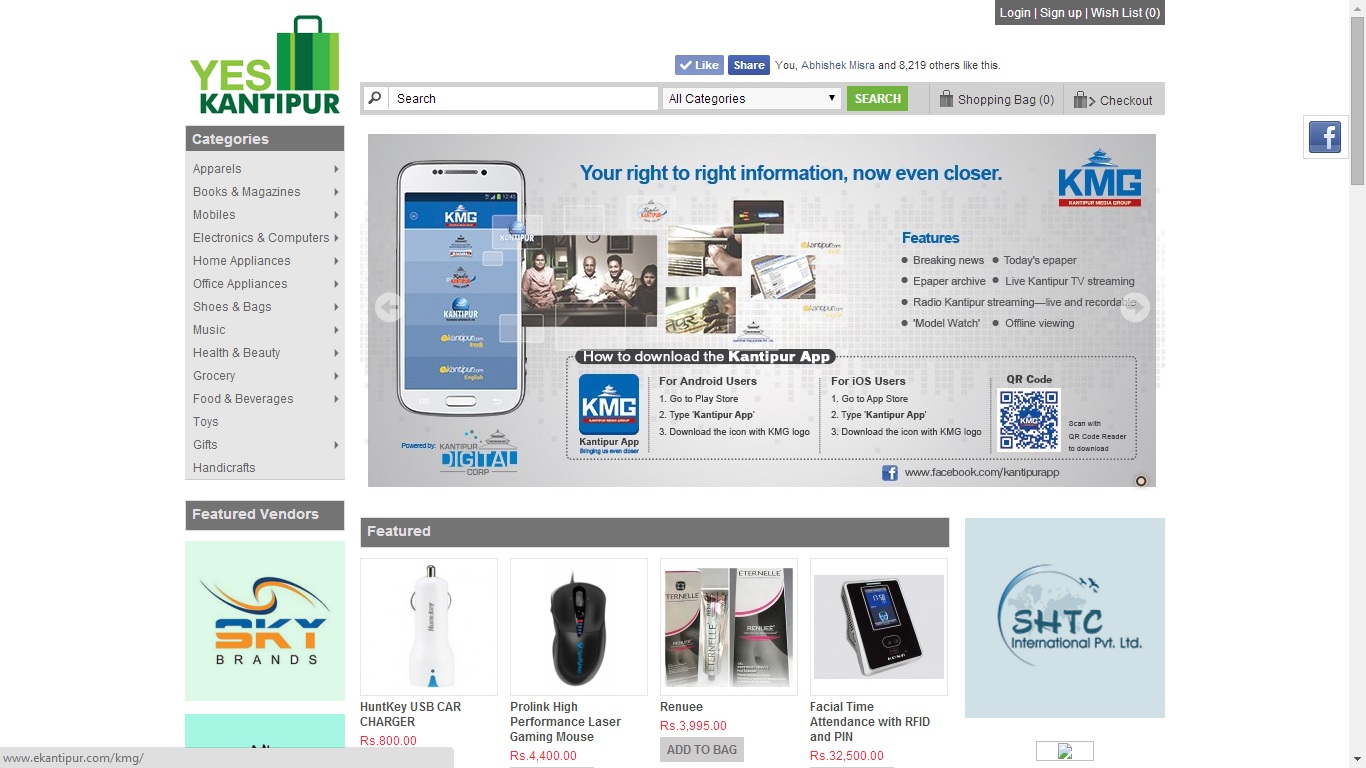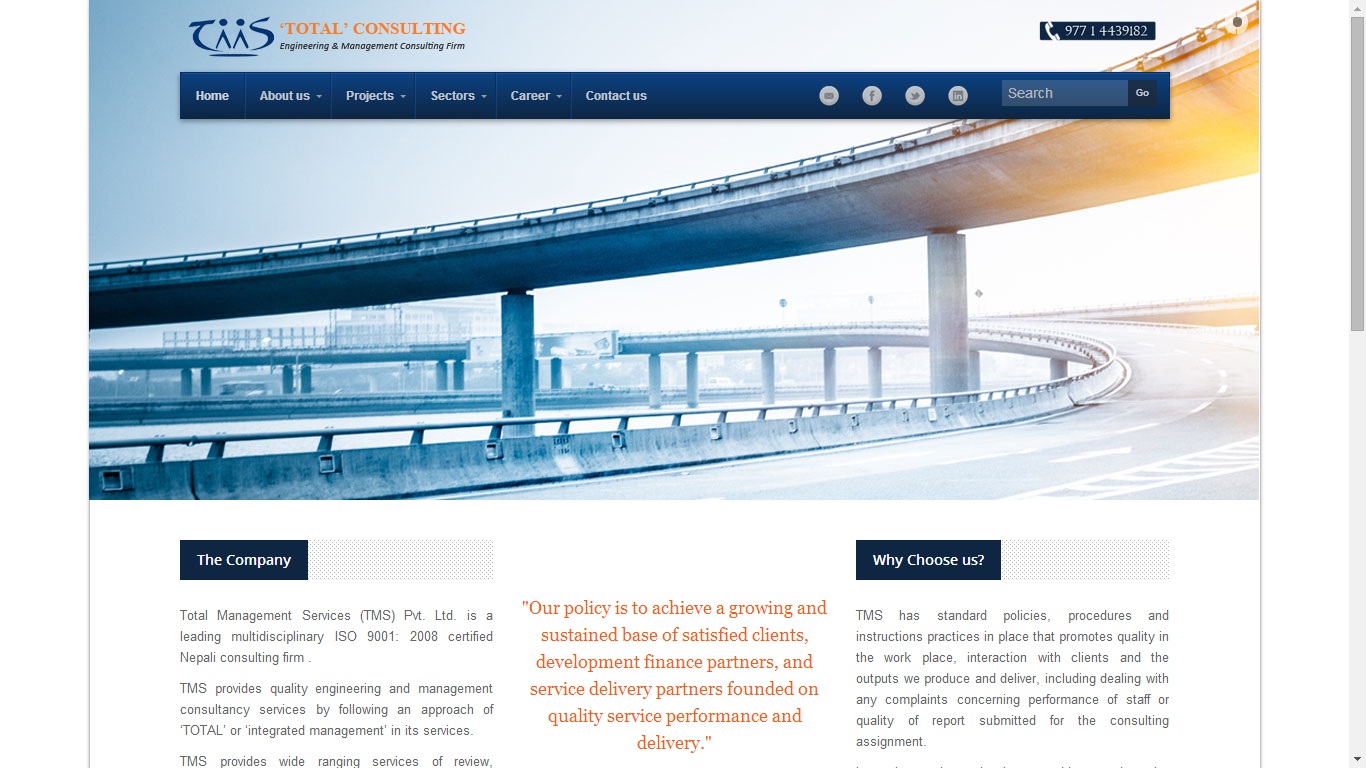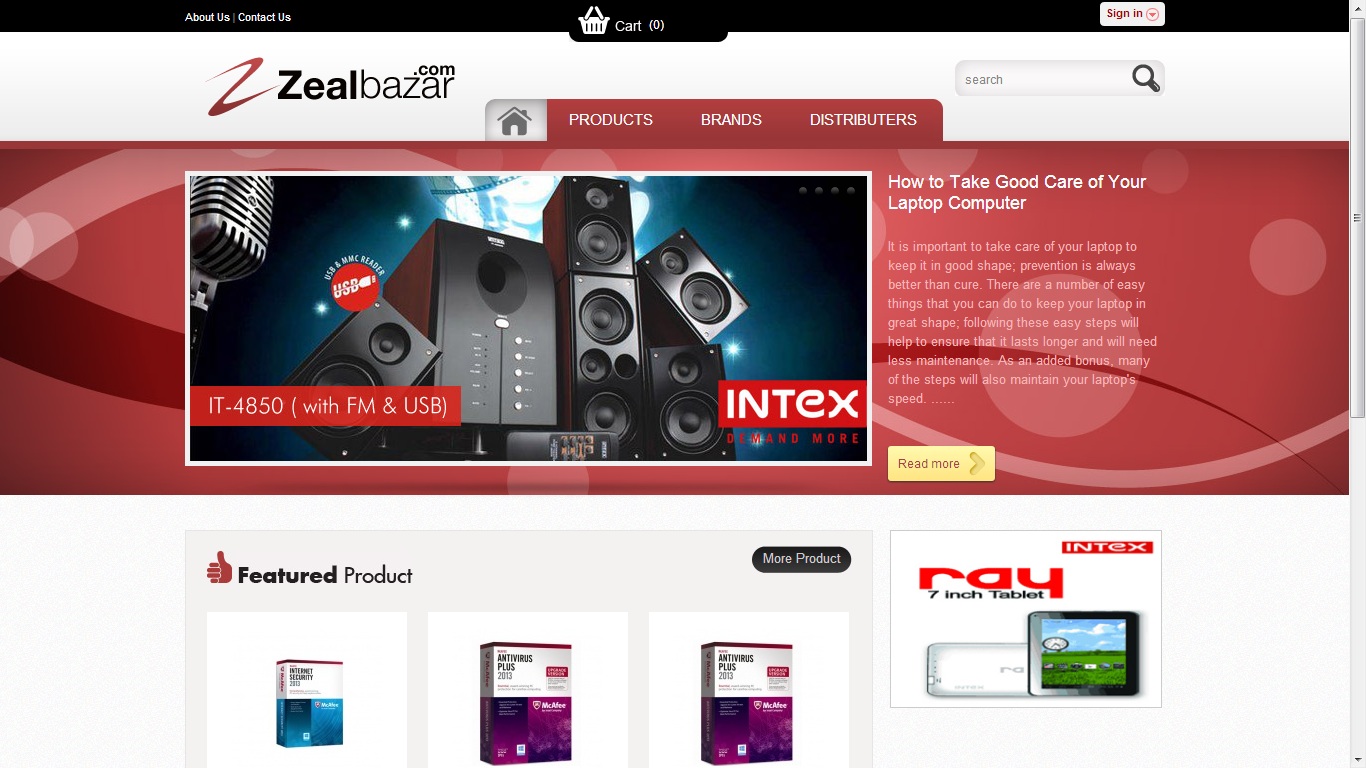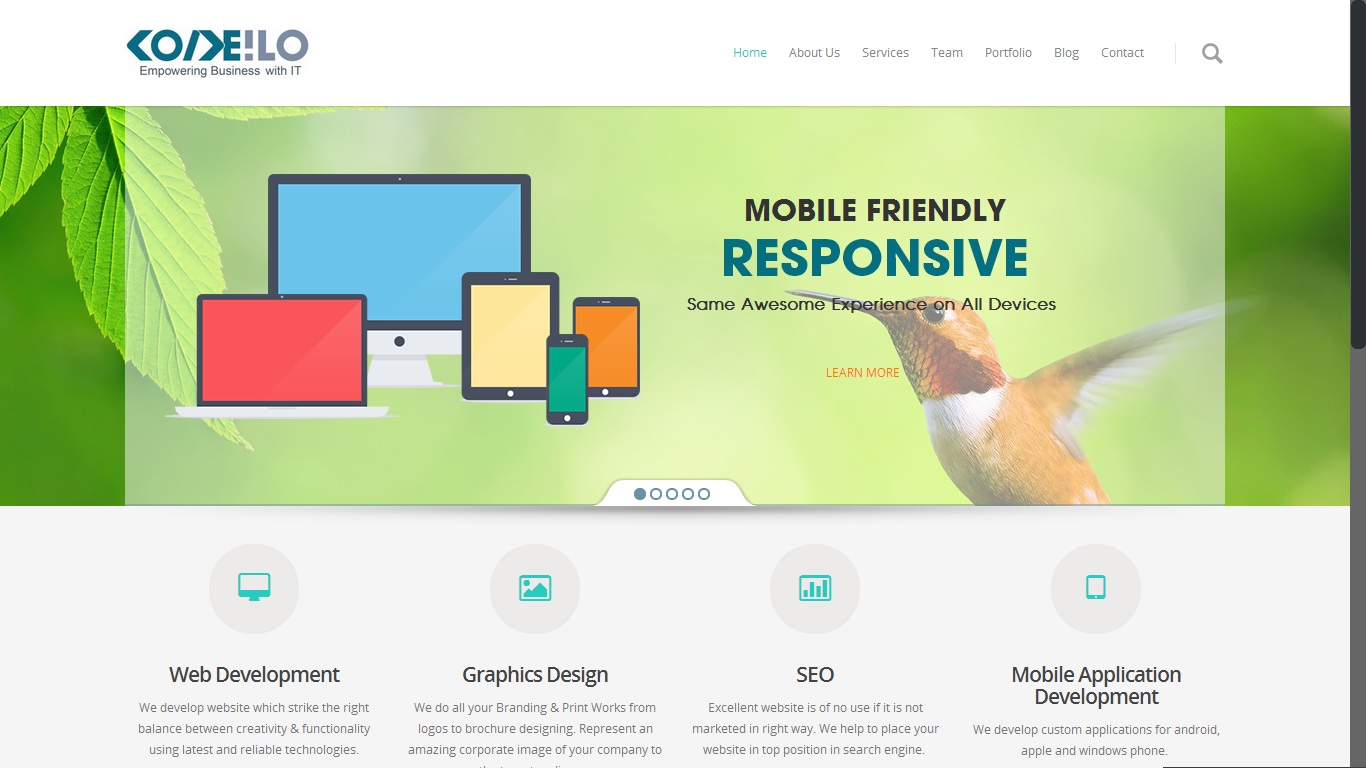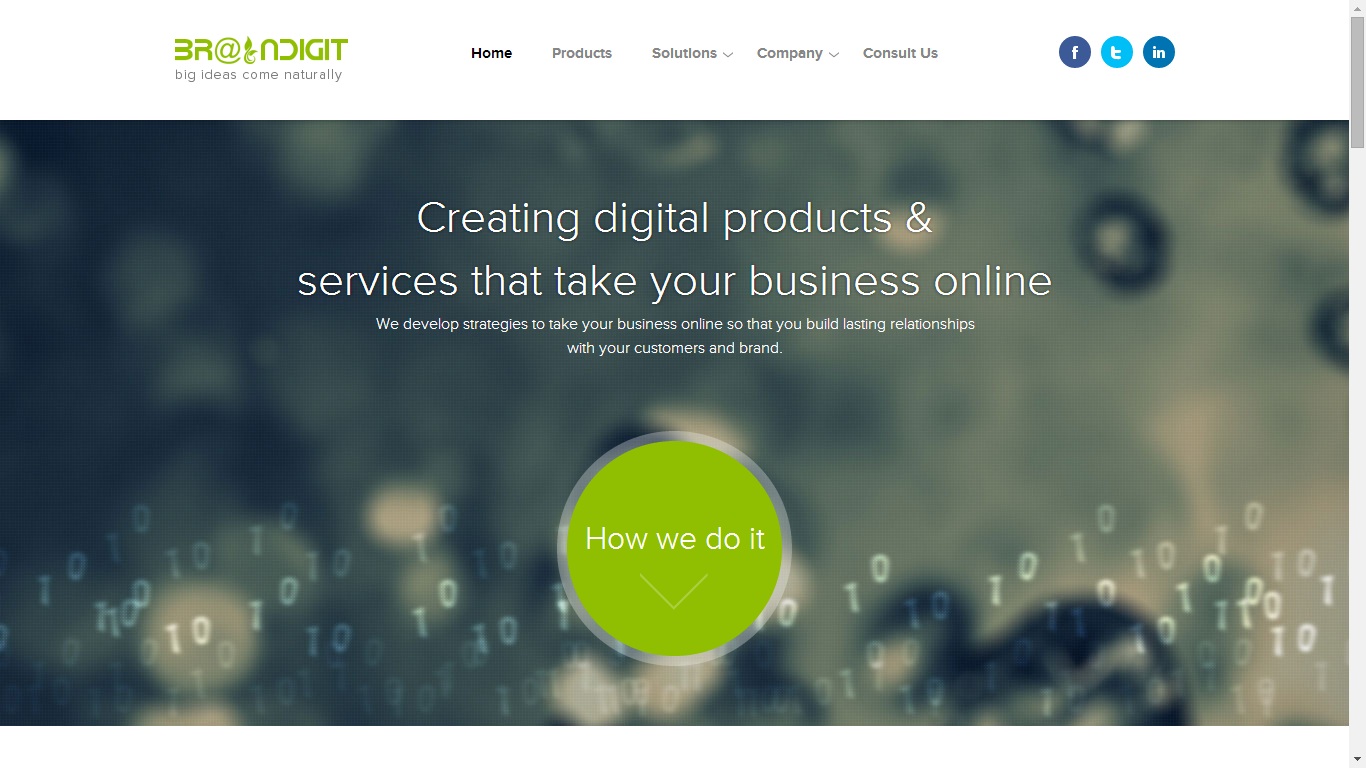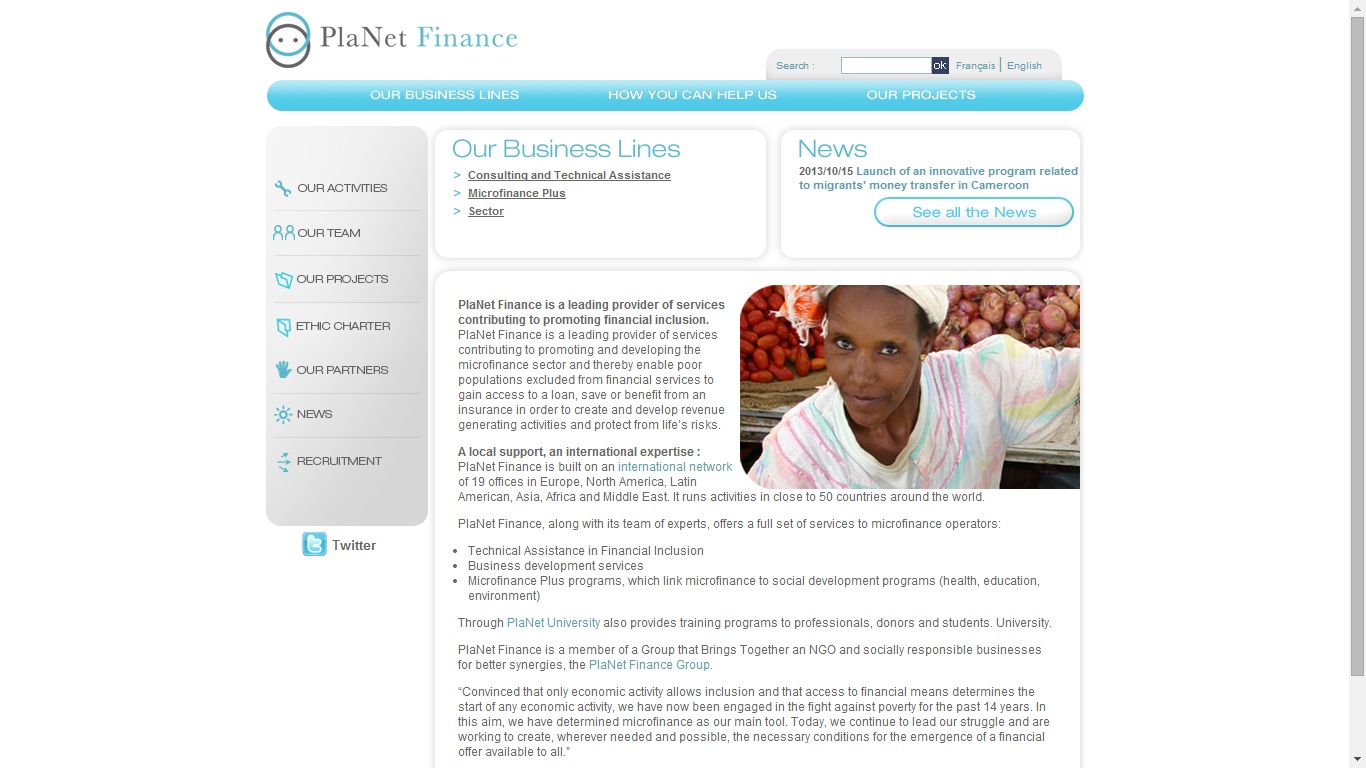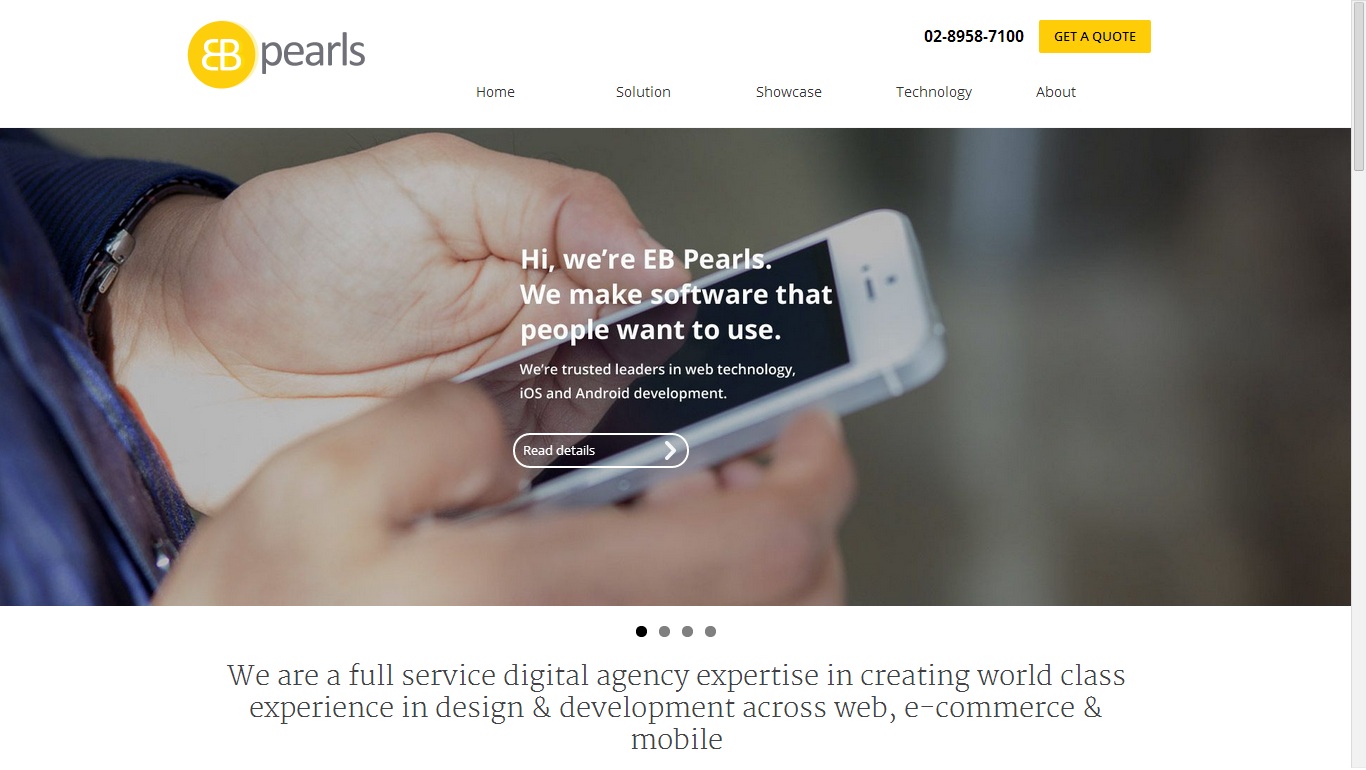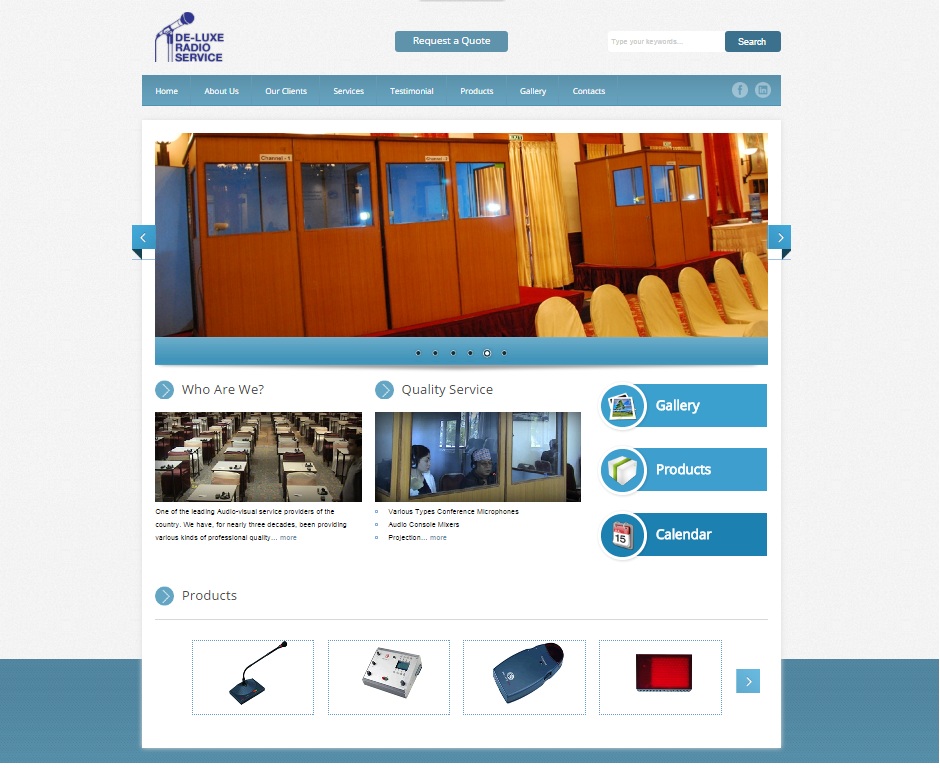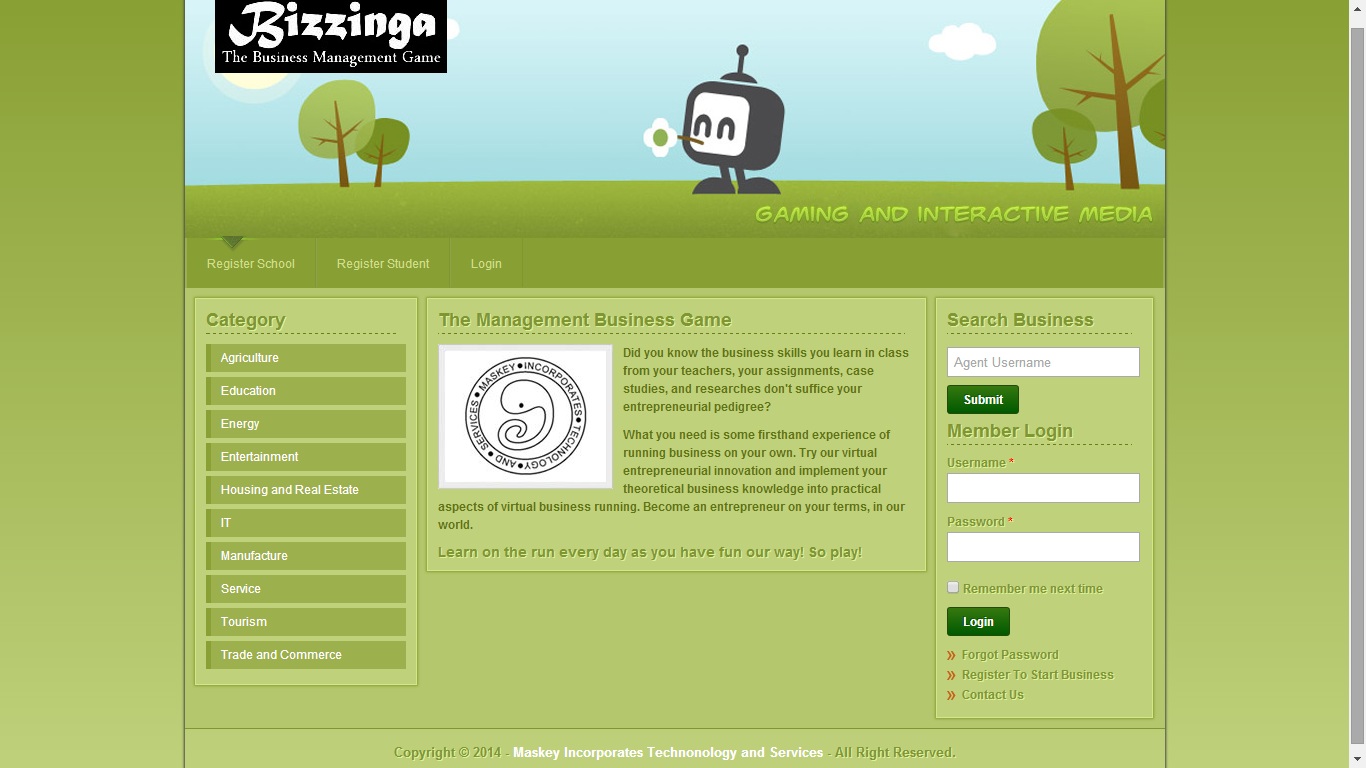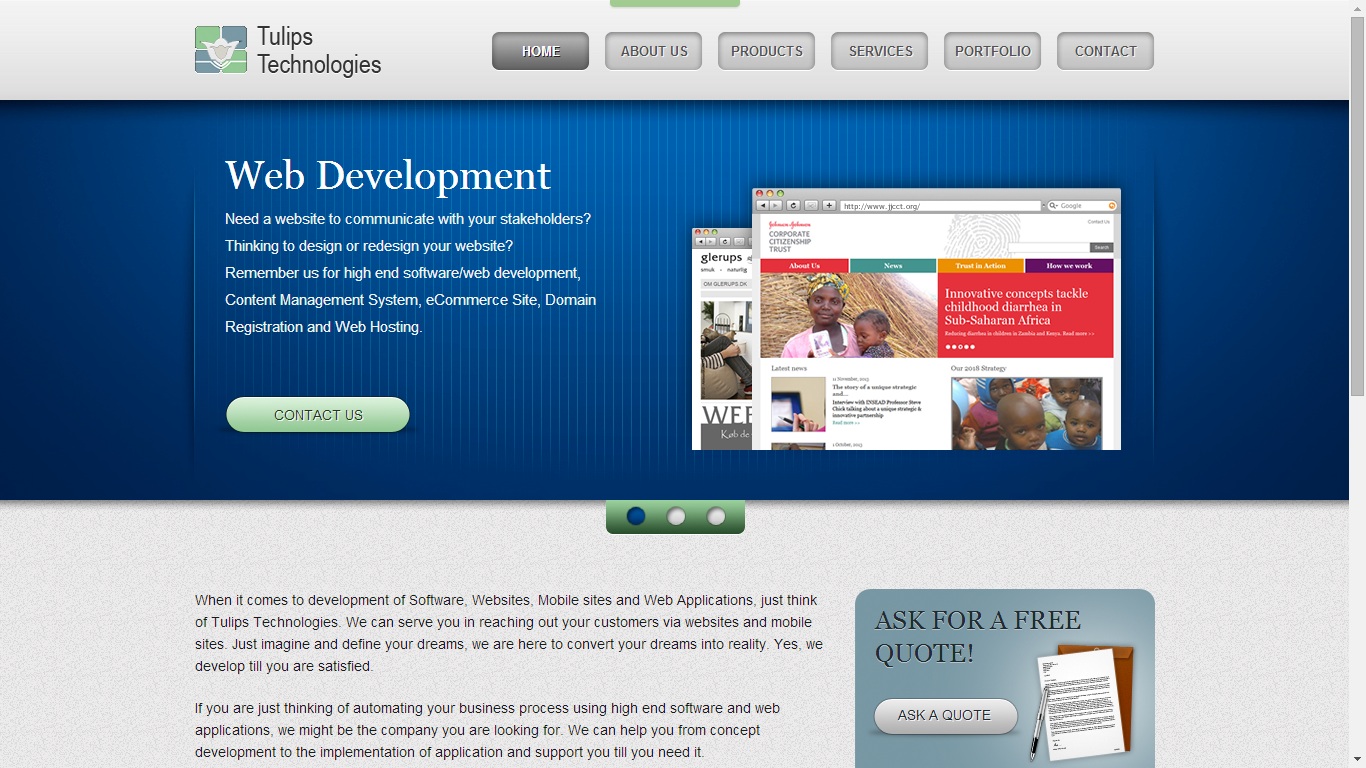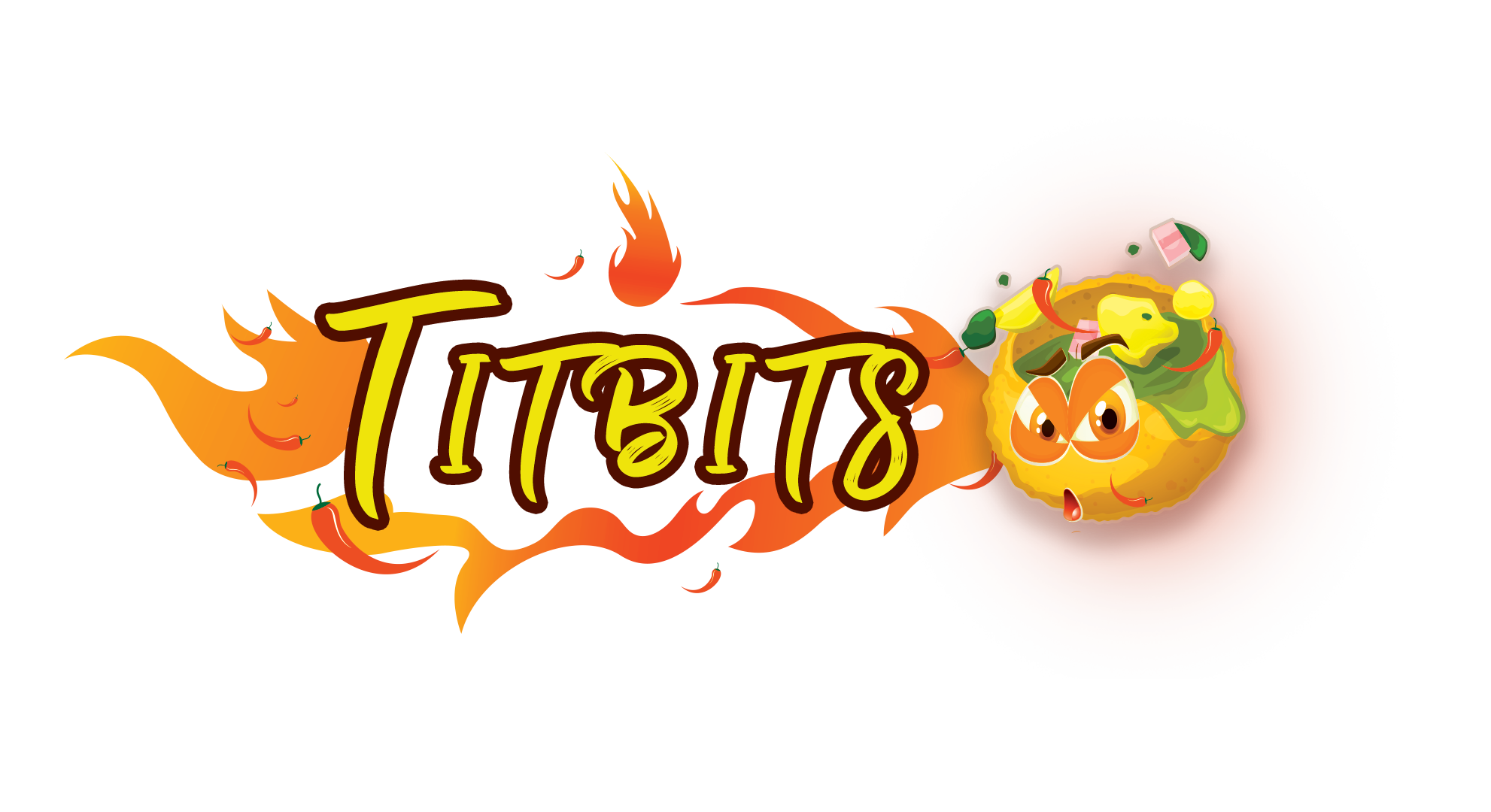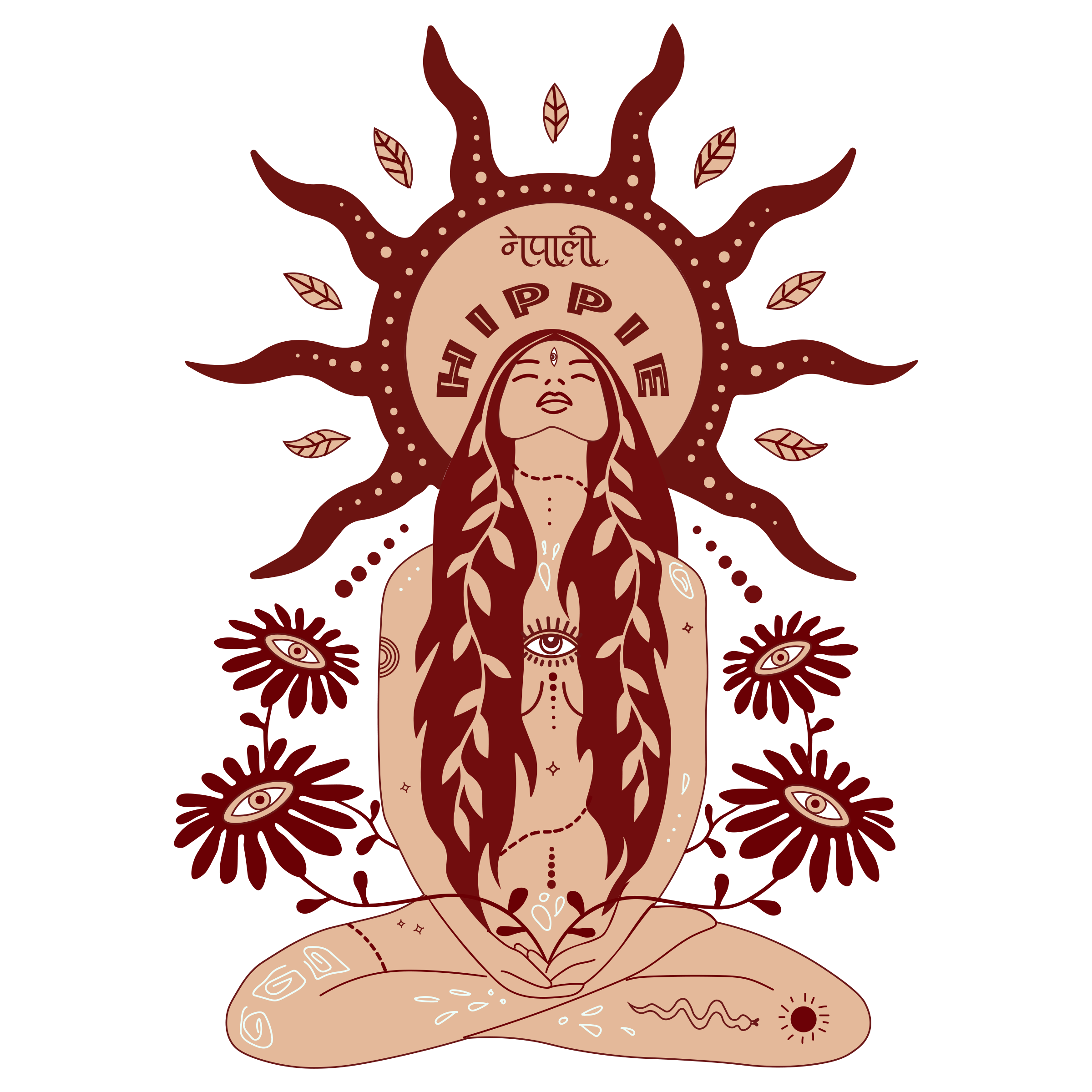-
Vacancy Announcement from Sunrise Bank Limited
Sunrise Bank Limited is a fast growing “A” Class Commercial Bank with diversification to various areas of functions and with rapid branch expansion target across the nation aims to increase the pace of quality growth. In this process t ...
Read More -
Vacancy notice from CDS and Clearing Limited, a wholly owned subsidiary company of Nepal Stock Exchange
CDS and Clearing Limited, a company established under the company act is a company promoted by Nepal Stock Exchange Limited (NEPSE) in 2010 to provide centralized depository, clearing and settlement services in Nepal. The main objective of the com ...
Read More -
Vacancy announcement from Civil Capital Market
Vacancy Announcement
Read More
Chief Executive Officer (CEO)
Civil Capital Market Limited (CCML), Head Office, Civil Trade Center Sundhara, Kathmandu, requests for expression (EOI) for the position of Chief Executive Officer (CEO)
CCML, ... -
Vacancy Announcement from Global IME Bank
Bank Overview
Read More
Global IME Bank Ltd. (GIBL) emerged after successful merger of Global Bank Ltd (an “A” class commercial bank), IME Financial Institution (a “C” class finance company) and Lord Buddha Finance Ltd. (a &ldqu ... -
Vacancy notice from Lumbini Bikas Bank Limited
Vacancy Announcement
Read More
Lumbini Bikas Bank Limited, a leading national level development bank invites application from highly motivated, dynamic and result oriented Nepalese Citizen for the follow ...
- ... Read More
-
I’ve spent almost 10 years interviewing thousands of candidates and developed a blue print for NAILING your next interview, follow these steps and you will dramatically increase your chances.
1. Know the position you are applying for ...
Read More -
Use these tips to write an effective resume that meets the employer's needs and gets you an interview.
Heading
- Type your name at the top in caps with large, bold type. Include your address, phone ...
-
Ever wondered why a Brit applies with a CV and an American with a resume? And why does an Aussie apply with both? There are a few differences between the two types of application documents and this article will straighten out your queries as well ...
Read More -
Wouldn’t it be great to know what answers the hiring manager is looking for? We asked, and they delivered.
By- Isabel Thottam
Being a mind reader would come in handy during the interview and make the whole getting-a-job thing ...
Read More
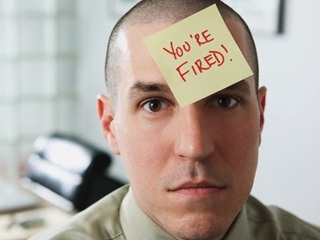
By Chester Elton
Author of "What Motivates Me" & "All In," NY Times Best-Seller
When it comes to landing a new job or a big promotion, follow up can be almost as important as the interview itself.
Well-written, thoughtful follow up letters and emails show a lot about your character and can put you over the top. The key is not just to write the note, but also to write a GREAT note. Here are three things that can help you avoid an embarrassing situation. Take your time; I’ve seen enough things go wrong when people rush.
Here are a few landmines to avoid:
- Being Late. I strongly recommend sending a handwritten note the day of the interview—so the hiring manager gets it within a day or two. It is called “Snail Mail” for a reason, get it in the mail as soon as you can. Being on time says a lot about you: that you are respectful, thoughtful, and you really want the job, which means you’ll work hard. I then recommend following up with a brief email a few days after that. If you wait a week or two to send your notes it sends other messages: You are a procrastinator and may not be great about hitting deadlines.
- Being Careless. Don’t get chummy or jokey, “S’up, C-Dog?!” Make sure your handwriting is legible and that spelling and grammar are correct. And check everything twice. If Santa has time to check his list twice for a billion kids, you certainly have time to re-read your notes! My writing partner Adrian Gostick tells a story from early in his career. He was a senior in college and applied for his first editing job. He explained in his follow-up letter how he loved “words.” Weeks passed but no reply. Perplexed, he pulled out a copy of that letter and realized he had told the manager he loved “worlds.” Trust me, today he proofs everything twice, or more!
- Being Too Self-Absorbed. Good follow-ups are never generic, i.e., “Thanks for your time!” But more importantly, they are more about them and less about you. For instance your note might focus on a key issue the hiring manager spoke about, i.e., “Thanks for our terrific conversation today about the industry trends. I can see your marketing efforts are already making a huge impact on Acme’s image, and I’m eager to brainstorm with you about how marketing can also drive growth and market share. That’s been a key focus during my career!” The specificity about their business shows you pick up on clues, and the action-oriented approach says you want to help solve problems that are important to them.
You can send different but equally engaging and timely notes to everyone you met during the interview process. And then you’ll take a deep breath and relax. If you have avoided these three landmines your odds are pretty good. Mess up on a few and not so much!
Back To List
